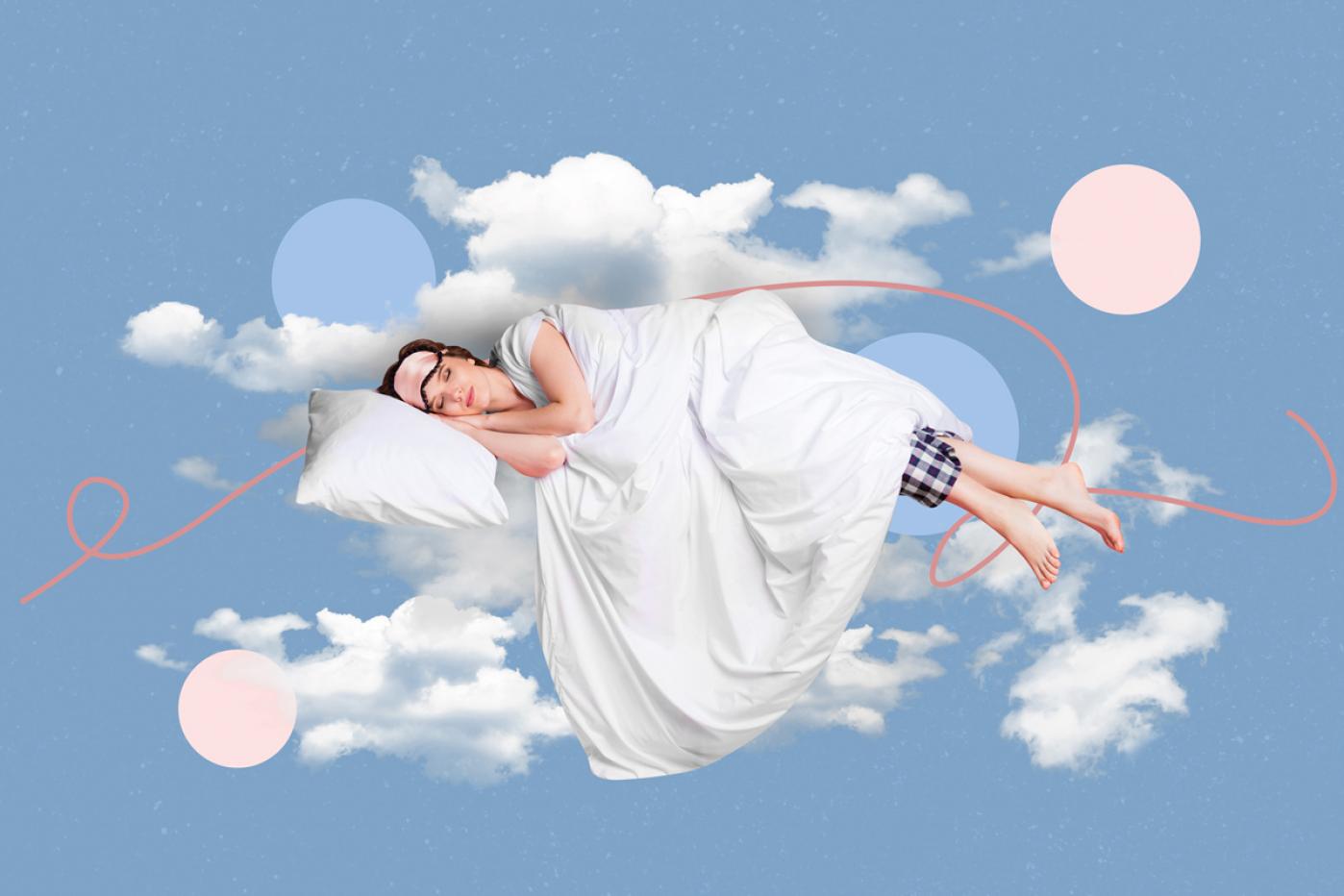Sound sleep is vital to our health but many of us aren’t getting enough. Armand Beasley shares his top tips for stayingin the Land of Nod
Let’s talk about sleep. It’s essential for us all yet something that so many people struggle with. The quality of sleep that you get really does have a huge effect on your health.
During sleep your body is in an ‘anabolic’ state, which means it is restoring and refreshing your immune, skeletal and nervous systems, which in turn helps to improve mood, memory and cognitive function.
According to the Sleep Foundation (sleepfoundation.org) adults require at least seven hours of nightly sleep while children and teenagers need substantially more, particularly if they are under five.
Work schedules, day-to-day stress, a disruptive bedroom environment, poor nutrition and medical conditions can all prevent us from getting enough good-quality sleep.
Our bodies have their own internal 24-hour clock that helps to govern many processes, including when we wake up and when we want to sleep. The crucial element in the sleep-wake cycle is the hormone melatonin, which is produced by the pineal gland in the brain. As it gets dark your eyes send signals to the gland which cause it to produce more melatonin, making you sleepy. When you are exposed to light in the morning the opposite happens and you wake up.
The American neuroscientist Andrew Huberman suggests that exposure to natural daylight within the first 30 minutes of waking can have a positive effect on the body. However, this can be tricky during autumn and winter, when we often get up and go to bed in the dark! This is another reason why taking a vitamin D supplement is a good idea during the darker months – it not only supports your immune system but helps with melatonin production, and some studies have shown it has a positive effect on reducing restless leg syndrome. I use BetterYou Vitamin-D Oral Spray (betteryou.com) because it’s easy to use and gets into your system more easily.
Simple steps
Having a positive night-time protocol is the foundation for a good night’s sleep. Here are my five top tips.
1. Remove all mobiles, laptops and TVs from the bedroom – the blue light emitted by screens discourages sleep. Don’t use the excuse of needing your phone as an alarm clock – go ‘old school’ and get a proper clock. If you use a tablet or laptop for reading switch to actual paper books.
2. Wind down before bed by having a relaxing soak in the bath.
3. Avoid stimulants such as caffeine in the evening, depending on how sensitive you are. Try a relaxing alternative like chamomile tea.
4. Invest in a good mattress, pillows and sheets. It’s really worth spending on these to get the right firmness and comfort for you.
5. A cooler room temperature of around 18C can help you to nod off and stay asleep, while subdued lighting will relax you when you’re getting ready for bed.
Cultivate calm
Stress is a huge factor in causing poor sleep, but there are ways to help you ease the pressure. I always make a note of jobs for the following day before bedtime to try and reduce what are often nagging thoughts.
Massage is a great way to ease away the stress of the day before. There are plenty of accredited therapists who do home visits with their own therapy tables, so there’s no need for you to leave your home. Alternatively, doing a gently soothing massage on your partner after a hot bath can be a lovely way of relaxing each other.
Finally, focusing on your breath is an excellent way of calming yourself down. Try this simple exercise: close your eyes and breathe in through the nose for three counts, then hold for three and release through the nose or mouth for six… then repeat. Follow the journey of the breath as it travels in through the nose, down into and expanding your lungs, then back out again. You will feel more relaxed in no time.
Picture: Adobe Stock








